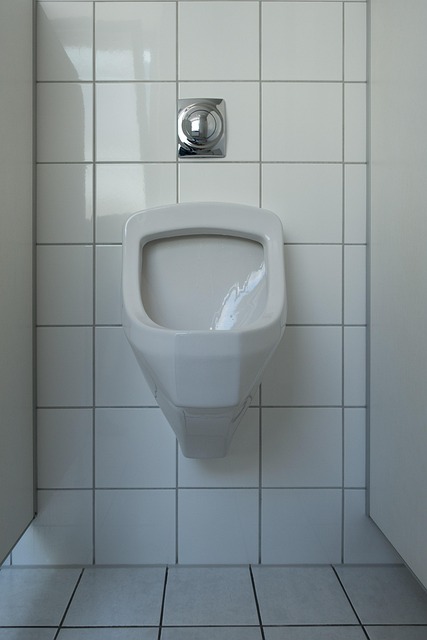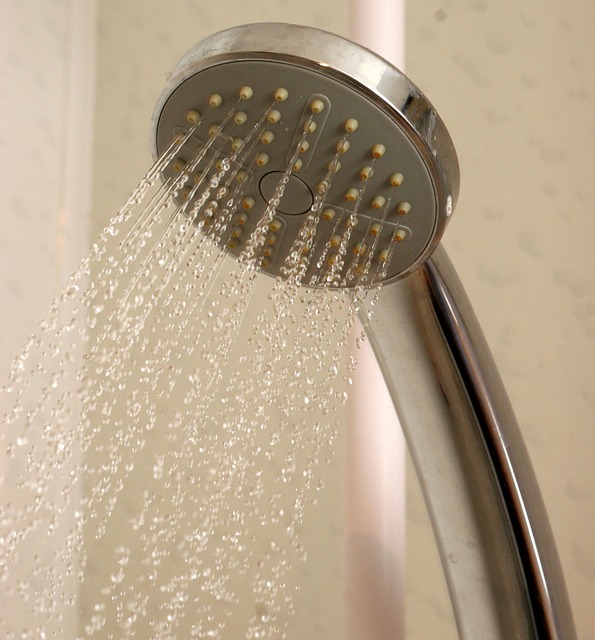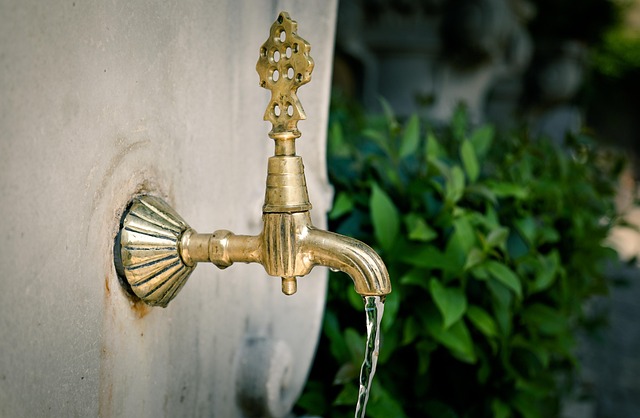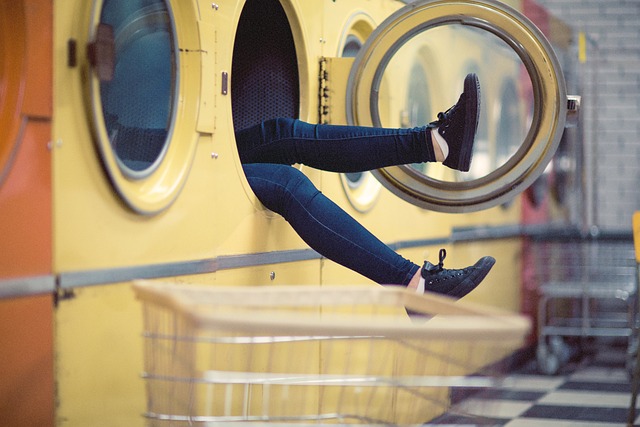Pipe leaks stem from corrosion, material fatigue, poor installation/maintenance, requiring proactive prevention & timely repairs by reliable Plumbing Services. Early leak detection through home checks and water meter readings prevents damage. DIY tools like waterproof tape and pliers aid temporary fixes while professionals use advanced diagnostic tools for precise leak location. Permanent repairs involve identifying the source, type of leak, and using appropriate materials with proper alignment and sealing. Regular maintenance, including insulation & inspections, plus choosing experienced Plumbing Services prevent complex issues.
“Pipe leaks can cause significant damage, from water damage and mold growth to unexpected utility bills. Understanding common causes like corrosion, burst joints, or age-related wear is crucial for early detection. This article equips homeowners with essential tools and step-by-step guides for temporary fixes and permanent repairs. We also navigate when to call professional plumbing services and offer preventive maintenance tips. By adhering to these practices, you can safeguard your home and avoid costly repairs from plumbing services.”
Understanding Common Causes of Pipe Leaks

Pipe leaks are a common issue that can arise from various factors, often requiring the expertise of reliable plumbing services. Understanding these causes is the first step in preventing and addressing them effectively. One of the primary reasons for pipe leaks is corrosion. Over time, metal pipes can degrade due to exposure to moisture, chemicals, or even extreme temperature changes, leading to weak spots that eventually give way, causing leaks. Another significant factor is material fatigue, especially in older piping systems. Pipes made from materials like copper, PVC, or steel may weaken due to constant water pressure, movement, or expansion and contraction over the years, resulting in cracks or fractures that permit water to escape.
In addition to these physical causes, improper installation or maintenance can also contribute to pipe leaks. Inept plumbing work, such as poor joint sealing or incorrect fitting alignment, can create gaps through which water can leak out. Furthermore, changes in water pressure or temperature fluctuations can exacerbate these issues. Recognizing these common causes enables homeowners and building managers to call upon plumbing services for prompt repair, ensuring the longevity of their piping systems.
Identifying Leakage Signs Early On

Spotting leaks early is a crucial aspect of plumbing services, as it can prevent significant damage and costly repairs. Regular checks around your home can help in identifying subtle signs of water leakage. Look out for unusual noises like dripping or splashing sounds, especially at night or when no appliances are in use. Check for water stains on walls, ceilings, or floors, which might indicate a leak somewhere within the pipes. Over time, these subtle hints could transform into more visible issues like mold growth or inflated water bills.
Moreover, pay attention to your water meter. If it spins rapidly even when all taps and appliances are off, it’s a clear sign of a potential leak. Prompt action on these early signs can save you from bigger plumbing nightmares. Engaging the services of professional plumbers who employ modern diagnostic tools will ensure any leaks are located and repaired efficiently, minimising disruption to your daily routine.
The Essential Tools for Temporary Fixes

When it comes to pipe leak repairs, having the right tools can make all the difference. For temporary fixes, a few essential items in your plumbing services toolkit will help you stop the leak and buy some time before a professional repairman arrives. Start with waterproof tape or caulk; these materials are versatile and effective at sealing leaks temporarily. They’re particularly useful for small cracks or holes in pipes.
Additionally, have a variety of pliers on hand, including adjustable pliers and pipe wrenches. These tools will help you tighten connections and remove corroded fittings that might be contributing to the leak. A leaking pipe may also require a new coupling or elbow, so keep these spare parts readily available. Don’t forget a bucket and some rags; they’ll come in handy for catching any dripping water and protecting your floors from damage during the temporary fix.
Step-by-Step Guide to Permanent Repairs

To ensure permanent pipe leak repairs, follow this step-by-step guide from professional plumbing services. First, locate the source of the leak by turning off the water supply and observing where the water accumulates. Once identified, isolate the affected area to prevent further damage. Next, assess the type of leak – whether it’s a burst pipe, faulty joints, or corroded fittings – as this determines the repair method.
For minor issues like loose connections, use plumbing tape or thread sealant to tighten and secure the pipes. For more significant damage, such as broken pipes, replace the affected sections with new materials compatible with your plumbing system. Always ensure proper alignment and sealing for long-lasting repairs. After finishing, test the water supply and confirm the leak has been effectively stopped, providing you peace of mind and saving you from potential water damage.
When to Call Professional Plumbing Services

If you notice a persistent leak or significant water damage around your pipes, it’s time to consider calling professional plumbing services. While minor leaks might be manageable with DIY kits, complex issues often require expert knowledge and specialized tools. Plumbing professionals are equipped to handle various challenges, from pinpointing hard-to-find leaks to repairing damaged pipes and restoring your home’s water system to optimal condition.
Regular maintenance can prevent many plumbing issues, but certain problems demand immediate attention. If you’re unsure about the severity of a leak or water damage, professional assessment is advisable. Plumbing services offer expertise in diagnosing and fixing problems efficiently, minimizing further damage and potential costs associated with extensive repairs.
Preventive Measures: Maintenance Tips for Pipes

Regular maintenance is key to preventing pipe leaks and ensuring your plumbing system remains in top condition. Here are some simple yet effective tips for homeowners to keep their pipes in check:
Start by insulating exposed pipes, especially during colder months. This protective layer helps prevent freezing, which can lead to burst pipes. Regularly inspect pipes for any signs of damage, corrosion, or wear and tear. Look out for subtle leaks, as even small issues can escalate over time. Keep an eye on water pressure; sudden spikes or drops might indicate a problem with your plumbing system. Schedule professional plumbing services for regular check-ups, as experts can identify potential issues before they turn into costly repairs.
Choosing the Right Plumber for Efficient Leak Repairs

When it comes to pipe leak repairs, choosing the right plumber is paramount for efficient and effective solutions. Look for professionals who offer comprehensive plumbing services, well-versed in diagnosing and fixing various leak types. Experience counts; a seasoned plumber will have encountered diverse scenarios and can provide tailored solutions.
Reputable plumbers often boast licensed experts who stay updated with industry advancements, using modern equipment and techniques. Online reviews and local recommendations are valuable tools to find reliable candidates. Ensure they have a proven track record of successful leak repairs for different pipe materials and systems, guaranteeing long-lasting fixes and minimizing future disruptions.
